Is there a bloxit option? How the UK could avoid leaving the EU after Brexit referendum
If EU referendum is non-binding, is there a chance that a Brexit can be reversed?
When the UK invokes Article 50 of the Lisbon Treaty, it will formally kick-start the Brexit process. The proceedings should take two years. Once the two-year deadline has passed, if there is no agreement between the UK and the EU on its future relationship, the country will automatically drop out of the bloc. But are there scenarios where a Brexit might not take place?
Parliament rejects it
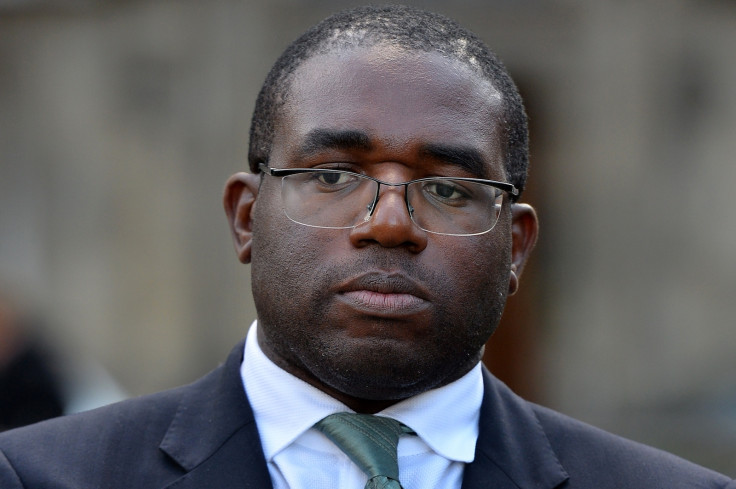
David Lammy, the Labour MP for Tottenham, did not win many fans when he suggested parliament just ignore the will of the electorate. But he is not technically wrong. This was not a binding referendum.
Moreover, there has been three million signatures put to a petition calling for a second referendum (though this is, of course, far fewer than the 17.4 million people who actually voted for Brexit). If triggering Article 50 is put to MPs, a majority of who backed remain, and they reject it, Britain would not leave the EU. Lammy said in a statement:
Wake up. We do not have to do this. We can stop this madness and bring this nightmare to an end through a vote in parliament. Our sovereign parliament needs to now vote on whether we should exit the EU... Parliament now needs to decide whether we should go forward with Brexit, and there should be a vote in parliament next week. Let us not destroy our economy on the basis of lies and the hubris of Boris Johnson.
However, it seems unlikely. You will not find many MPs willing to brazenly defy their voters. The potential consequences of doing so in an already tense and febrile atmosphere, where many people have lost almost all faith in the establishment, does not bear thinking about.
The Scottish parliament blocks it
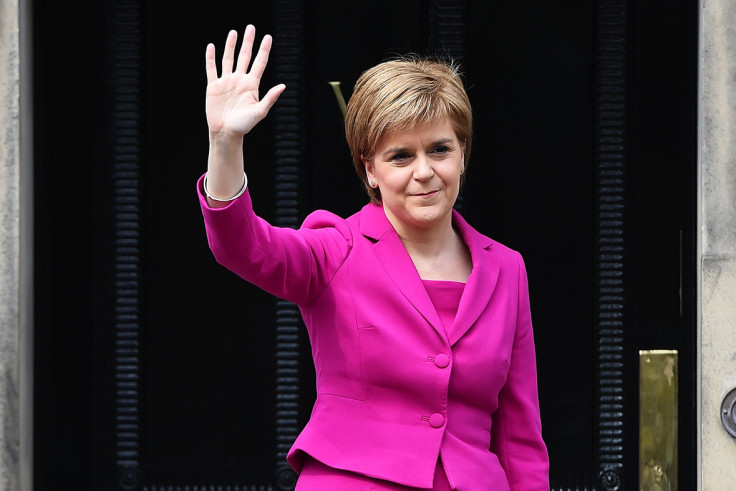
Well, sort of. The Scottish parliament does not have the power to veto a Brexit per se. But it can withhold its "legislative consent" and make things more difficult. It would be a delaying gambit. And that is what Nicola Sturgeon, the first minister of Scotland, has suggested she would urge her party, the SNP who hold majority of Scottish parliamentary seats, to do.
This is because Scotland wants to remain part of the EU. It voted 62% in favour of remaining, in contrast to the overall result. The case for independence, rejected in a 2014 referendum by 55% to 45% in favour of staying part of the UK, a big reason for which was the certainty of EU membership, is emboldened by the prospect of Brexit.
Sturgeon is demanding a seat at the table for the negotiations and believes there will be a second independence referendum as a result of Brexit. This time, she might win it.
Another referendum or general election
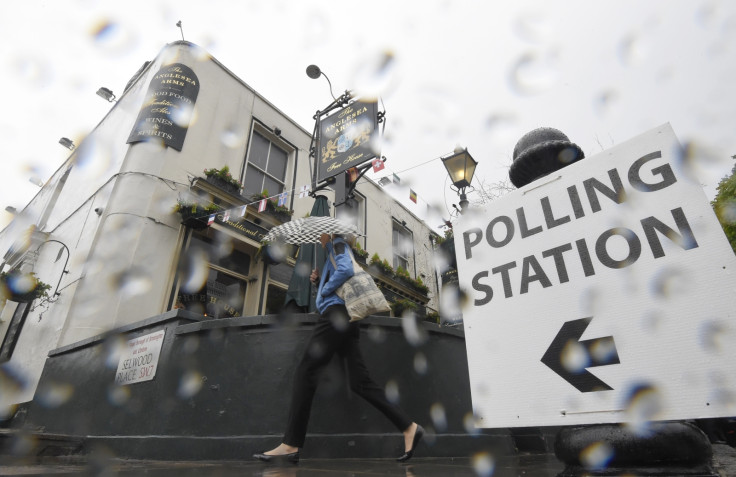
Another general election is expected soon. The resignation of David Cameron means a new prime minister taking over. A new PM and cabinet will have to lead negotiations with the EU. But the mandate for Brexit is vague — what type of Brexit? And 48% of the turnout backed remain.
They cannot be ignored. There is talk of a Norway-style membership of the single market, which would give the UK trading access, rather than a total withdrawal. But a likely cost of that is accepting the free movement of people, something a lot of immigration-conscious leave supporters thought they were rejecting.
Therefore it is likely that whatever is negotiated will have to be put back in front of voters for endorsement. Perhaps this can be done through a referendum, in which the electorate are again asked if they would like to remain in the EU, or if they still want to Brexit under the terms negotiated.
Another way would be a general election, either before negotiating begins — so the parties can spell out how they will approach Brexit and achieve a mandate to do that — or after negotiations. The Conservatives could put their Brexit deal in their manifesto for endorsement or rejection.
Tim Farron, leader of the Liberal Democrats, has already said his party will stand in the next election on a platform of keeping Britain in the EU.
Boris Johnson changes his mind
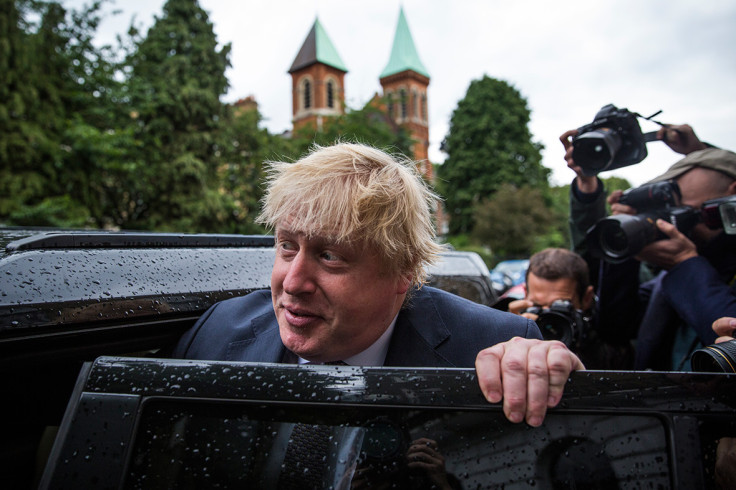
The former Mayor of London led the Vote Leave campaign, leveraging his considerable media profile and reputation among the public for the Brexit cause. He looks set to replace David Cameron, not only as leader of the Conservatives but also as prime minister, therefore be tasked with invoking Article 50, though this is of course not set in stone. Nobody knew which way Johnson would campaign.
When he announced his backing for leave, he said the decision came "after a huge amount of heartache". He has spoken in the past about the importance of the EU to the City of London, for example, and admits he is a europhile — he loves the continent.
Though he had called for EU reforms, and had eurosceptic tendencies, he was never a core 'outer' like others in the Conservative party and Ukip. And in his first newspaper column since Britain voted to leave, his critics were left asking: has Boris flip-flopped?
Perhaps he has changed his mind after all. Writing for The Telegraph, Johnson appeared to be calling for much of the existing UK-EU relationship to remain in place. He wrote:
There will still be intense and intensifying European cooperation and partnership in a huge number of fields: the arts, the sciences, the universities, and on improving the environment. EU citizens living in this country will have their rights fully protected, and the same goes for British citizens living in the EU.
British people will still be able to go and work in the EU; to live; to travel; to study; to buy homes and to settle down. As the German equivalent of the CBI – the BDI – has very sensibly reminded us, there will continue to be free trade, and access to the single market... The only change – and it will not come in any great rush – is that the UK will extricate itself from the EU's extraordinary and opaque system of legislation: the vast and growing corpus of law enacted by a European Court of Justice from which there can be no appeal.
So maybe he will not invoke Article 50 after all, we can forget about this whole mess, and have a nice cup of tea instead. Perhaps.
The EU has a change of heart
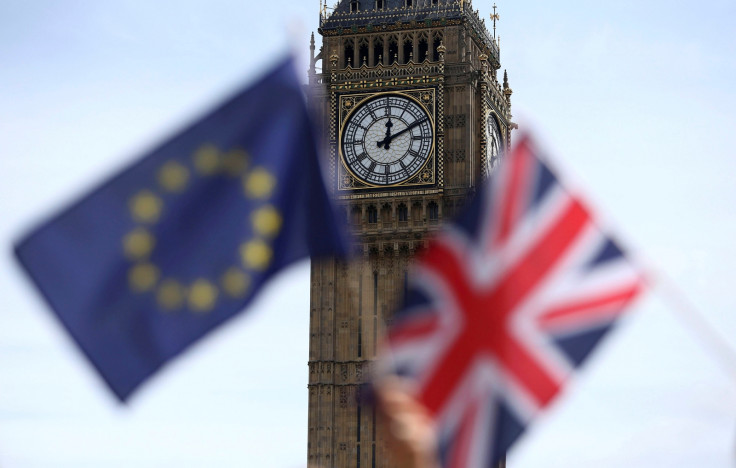
As the reality sets in that Brexit is happening, and that it could unravel the entire EU project, in the interests of self-preservation the EU could just give Britain what it wants; unfettered access to the single market, control over its own borders, visa-free access to Europe for British citizens, and all the other bells and whistles.
But what if Article 50 has already been invoked before this sudden change of heart? Well, according to a report by the House of Lords, which looked in detail at the legal and political ramifications of triggering Article 50, all is not lost.
"There is nothing in Article 50 formally to prevent a member state from reversing its decision to withdraw in the course of the withdrawal negotiations," concluded the report. "The political consequences of such a change of mind would, though, be substantial."
© Copyright IBTimes 2025. All rights reserved.





















